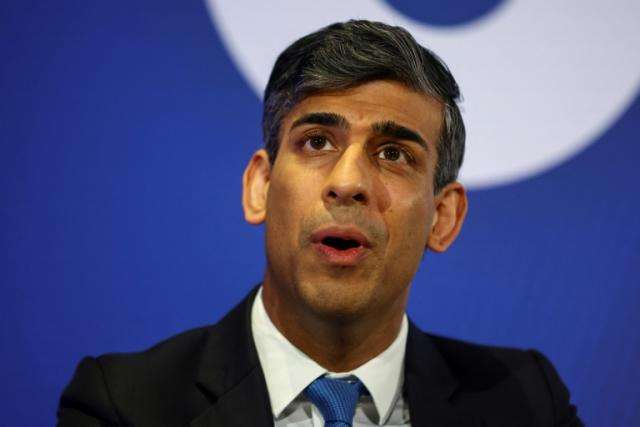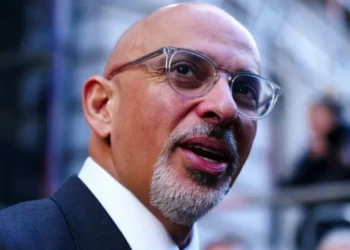Rishi Sunak’s recent pledge to reintroduce National Service faces skepticism from leading pollsters, who warn that it may not be sufficient to close the gap between the Conservatives and Labour.
The announcement, made over the weekend by the Conservative Party, was aimed at improving the party’s standing in the face of dismal polling numbers, with Labour maintaining a lead of over 20 points.
While the policy unveiling temporarily diverted attention from criticisms of the Prime Minister and his inner circle’s handling of the election campaign, doubts persist regarding its potential to bolster Tory support.
Professor Sir John Curtice, a prominent figure in polling analysis, expressed reservations about the effectiveness of the proposal. When asked about its impact on the polls, he responded, “No. It was designed to appeal to their [the Tories’] base which is older.”
This sentiment underscores broader uncertainties surrounding the policy’s ability to resonate beyond the party’s existing demographic stronghold.
Leading pollster and Tory peer Lord Robert Hayward said, “It will have a limited impact either way.”
“There will be some extra underlying impact but nothing more amongst white working-class voters. In other words, those who have left [the Tories] or are uncertain in Red Wall areas.”
Lord Robert Hayward
He added that the Tories are already very “weak amongst young voters so limited further impact on that vote.”
However, he noted that the impact will depend on how much “noise this policy continues to have.”
Policy Unlikely To Be Well Received
Michela Morizzo, the chief executive of Techne UK, cautioned that the proposed policy could potentially yield adverse outcomes.
Highlighting findings from Techne’s latest weekly tracker poll, Morizzo emphasized that among 18 to 24-year-olds, Labour enjoys a significant lead, with 53 percent supporting the party compared to only 13 percent backing the Conservatives.
Michela Morizzo elaborated on her concerns, stating, “It’s unlikely to be well received, and now I’ll explain why.”

Distinguishing between non-military volunteering and compulsory military service, she emphasized the former’s alignment with community service and its associated high-level benefits.
She argued that compulsory military service, on the other hand, would incur costs, especially in an era where warfare relies heavily on specialized personnel.
Morizzo highlighted the incompatibility of the two measures and criticized the proposal as antiquated, stemming from an outdated perspective.
She continued, asserting that the proposal appears out of touch with contemporary values and would likely face resistance from the public.
Morizzo proposed an alternative approach, suggesting that prioritizing civil or volunteering service, or local initiatives, would be more strategically sound.
Rishi Sunak’s pledge to implement a policy requiring 18-year-olds to either enlist in the military for a year or engage in volunteer work one weekend per month for twelve months has garnered attention.
The Prime Minister endorsed the initiative, arguing that it would foster societal cohesion amidst a backdrop of growing uncertainty in the world.
Sunak stressed the importance of instilling a shared sense of purpose among young people through such measures.
Many specifics of the proposed policy remain unclear. However, the Conservative Party has indicated plans to establish a royal commission. This commission would draw upon expertise from both military and civil society sectors to formulate the practical implementation of the scheme.
The commission’s mandate includes drafting a plan to launch the initial pilot phase by September 2025. Subsequently, the Conservative Party aims to enact a “National Service Act” before the end of the next parliamentary term.
People who choose to sign up for placement in the forces would “learn and take part in logistics, cyber security, procurement or civil response operations”, the Tories said.
READ ALSO: Ghana Edges Closer to Debt Relief as Bilateral Creditors Submit Final MoU























